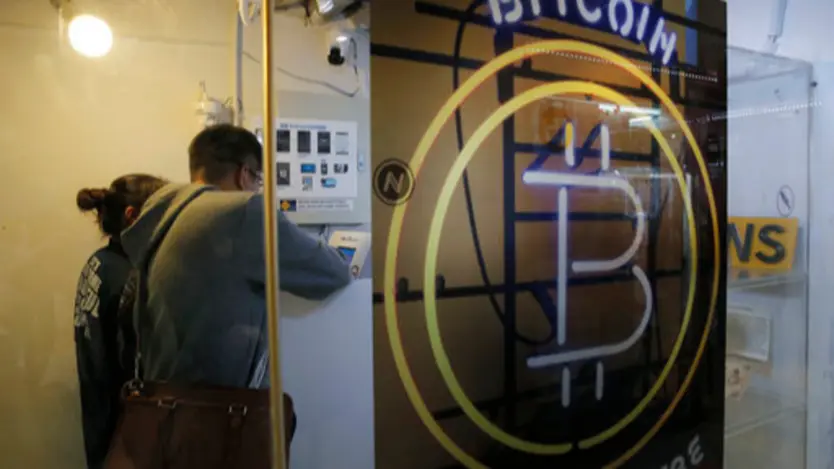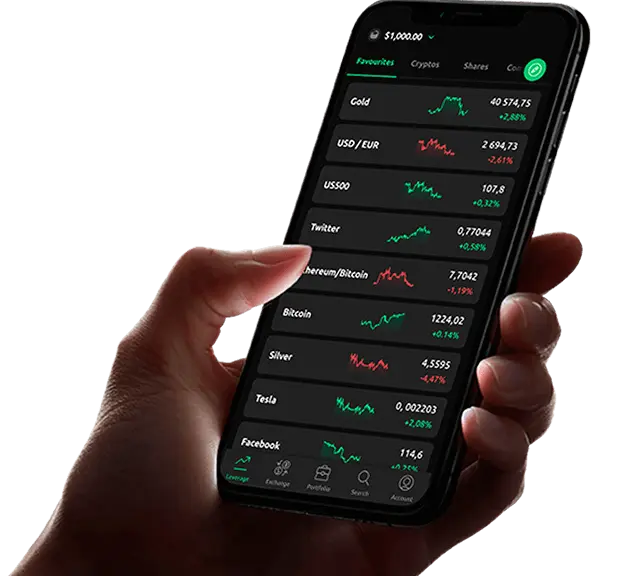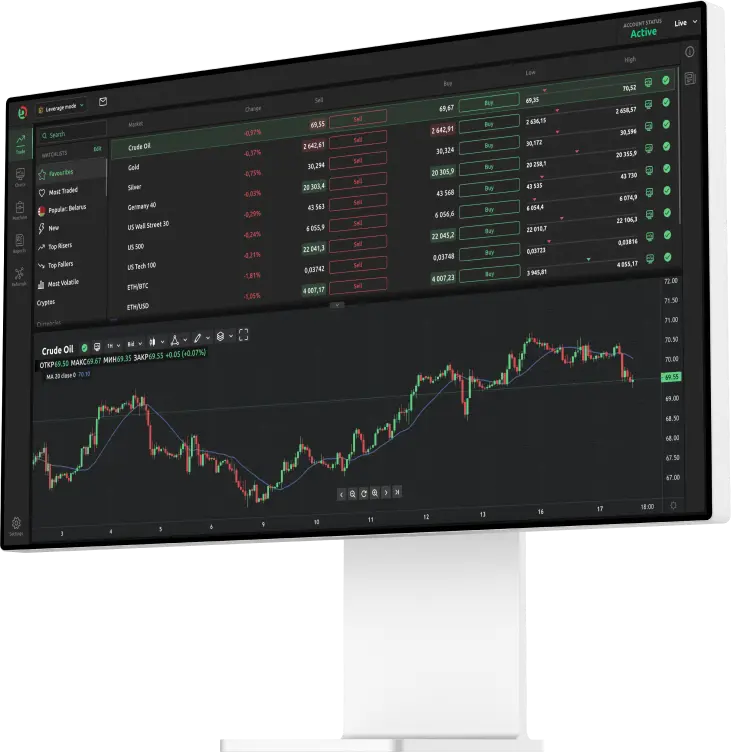Everything you need to know about crypto futures and how to trade them

Cryptocurrency futures are financial securities that allow you to use leverage to enhance your returns. They can be used to speculate on the future direction of a digital coin or to hedge the future price risk inherent in cryptocurrencies. Futures contracts in general are well-established financial instruments traded on an exchange. To trade them you will need an account with a futures broker who works with an exchange offering cryptocurrency futures.
What is cryptocurrency?
Cryptocurrencies are digital coins. You can use them to pay for goods and services, as well as to access certain platforms. In contrast to fiat currencies, which are backed and monitored by central banks, cryptocurrencies change hands through a peer-to-peer network. Bitcoin, the most widely held and liquid cryptocurrency, is traded on a blockchain network. Bitcoin can be used as a way to make payments.
Each transaction that takes place on the network is verified by participants called miners. They receive compensation for the verification process, which enhances the scrutiny of each transaction.
What is a futures contract?
A futures contract is an obligation to buy and sell an asset at some date in the future. Futures contracts are often used by commercials looking to hedge their exposure and by speculators looking to generate a return using leveraged securities.
A futures contract can be financially settled, meaning that you are only responsible for your financial gains or losses. There are also physically settled futures contracts requiring one party to deliver money and the other party to deliver the underlying asset.
The most widely traded cryptocurrency futures contract is the Bitcoin Futures Contract traded on the Chicago Mercantile Exchange (CME). Bitcoin futures contracts trading on the CME are financially settled futures contracts.
Futures contracts specifications
Futures contracts are generally uniform. This means they have a specific number of assets per contract. Five assets in the case of the CME Bitcoin Futures Contract, for example. Each contract has a maturity date. You might, for instance, see quarterly contracts listed with March, June, September and December maturity dates. After the dates pass, the futures contracts cease to exist.
An exchange will often report the volume of futures traded daily and provide investors with 30-day averages of that volume. They might also report the open interest. This is the number of futures contracts traded but in which the positions have not been closed.
Daily settlements
Futures contracts settle on a daily basis. This means that a snapshot in time is taken to settle every open account. The settlement price is used by your broker to determine daily margining requirements and cash balances. In many instances, futures products trade around the clock, except for the very short period of time when the settlement is calculated.
The margin on Bitcoin futures contracts
One of the benefits of trading Bitcoin futures contracts is that futures provide leverage. This is made possible with borrowed capital. Each broker can have a different margin requirement as long as it is above the exchange requirements. Bitcoin futures contracts are volatile and therefore the leverage levels can be conservative.
For example, in November 2019, the CME provided leverage on Bitcoin futures of 2.6 to 1. This means that your profits and losses will both be enhanced as you are controlling more value than the cash you have posted in your margin account. This type of leverage might be considered conservative, but the rules of the exchange and the volatility of bitcoin reduce the leverage that the exchange provides.
Pros and cons of cryptocurrency futures trading
There are many benefits and a few drawbacks to trading Bitcoin futures.
Pros
- Futures prices track the underlying movement of bitcoin, removing the need to open a digital wallet account;
- Futures allow you to hedge your bitcoin exposure at some date in the future;
- Futures provide you with leverage through a margin account;
- Futures are liquid, allowing you to easily enter and exit your position;
- Bitcoin futures on the CME are regulated by the Commodity Futures Trading Commission;
- Futures positions are reported by the Commitments of Traders Report.
Cons
- You can’t use futures contracts to pay for goods and services in the way you can with bitcoin held in a digital wallet;
- The margin requirement for one futures contract can be sizeable for retail traders;
- Futures contracts have a termination date;
- Futures contracts are liquid when the exchange is open.
Key takeaway
If you are looking to trade on the cryptocurrency market and will not need to use cryptocurrencies as a payment method, then cryptocurrency futures contracts may be a good option. You will not need to set up a digital wallet or have a secure address to trade bitcoin. Futures contracts provide leverage, but highly volatile instruments such as bitcoin do limit the leverage available. To trade futures you will need to open an account with a futures broker who is licensed and registered with an exchange.

